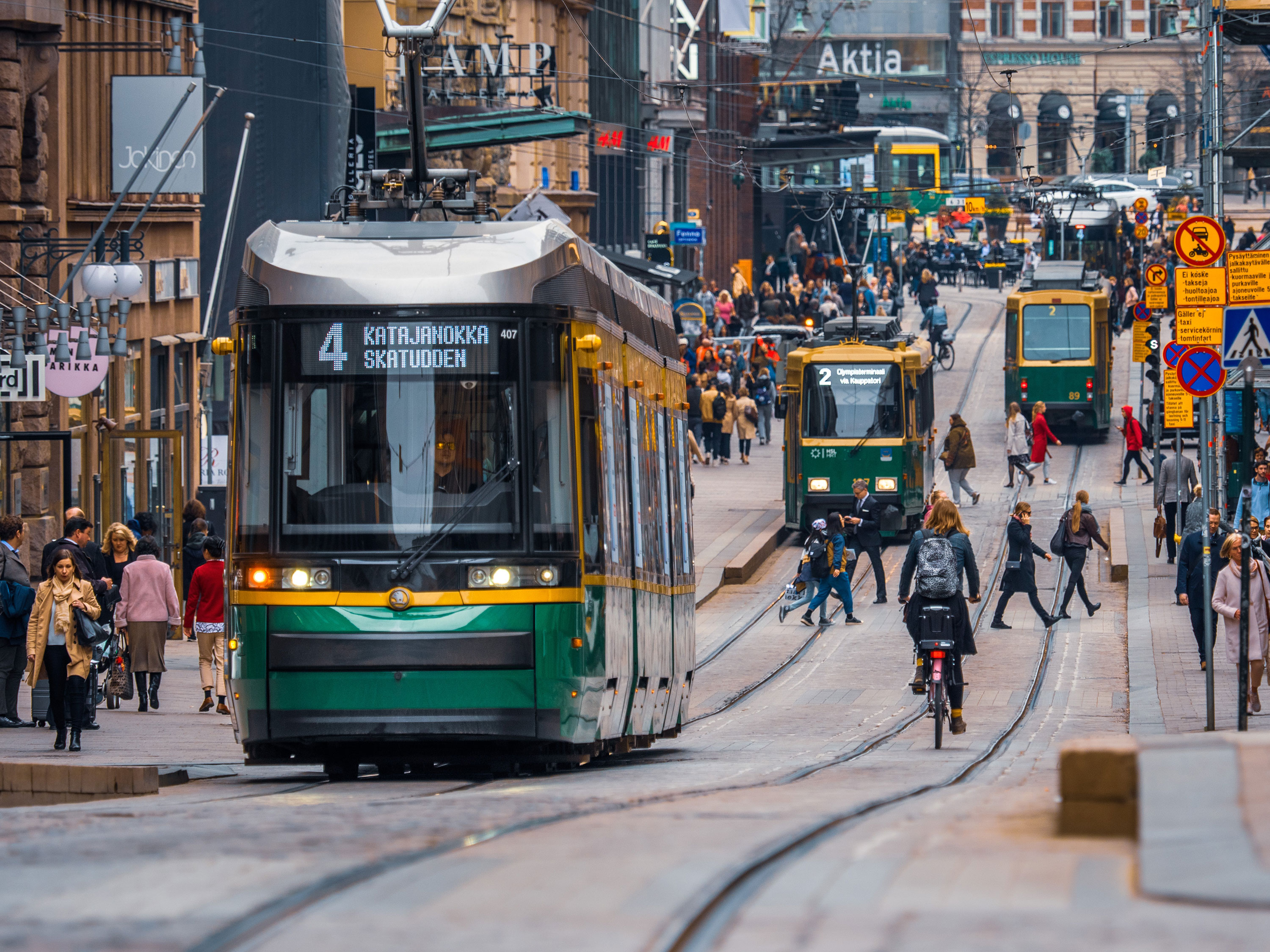
Action - Transport
The psychology of transport is complex and fascinating. It's been heavily influenced by marketing departments of car companies, oil companies and holiday companies to name but a few. And when you combine that with the fact that - bless us - humans are not the most rational of creatures, the way we get ourselves from A to B can be quite an emotive topic!
All forms of tranport use energy and create pollution, but nobody wants us all to stop moving around, so it's important to weigh up the relative costs and benefits of different modes of travel. And also to remember that, even though something might be a certain way today, there was a time when it was different - and it will be different again in the future.
Walking, Cycling and Scooting
Clearly walking and cycling are two of the least-polluting forms of transport - and even eBikes and eScooters have minimal impact on the environemnt (assuming that they don't end up in a canal after a couple of trips).
In addition to the negligible level of emissions, active travel (walking and cycling) has significant mental and physical health benefits, reduces noise pollution, and when undertaken respectfully can result in better inter-personal communication than some of the alternatives.
It can take years to see the full beneft of improved infrastructure for active travel, but many countries in the world have seen the benefits of committing to this wholeheartedly in terms of economic output as well as other benefits - so the sooner we get to work the better.
Public Transport
Before widespread car ownership took over, tram and bus systems operated very effectively in many cities across the UK and the USA. But with the advent of mass production, many of these companies were bought up and shut down to make way for the automobile. A return to excellent, well-funded public transport would have a dramatic effect on emissions reduction and it is clear from recent changes in policy that if public transport is affordable, many people will choose it over driving - making roads safer, reducing pollution and speeding up journeys.
Long distance bus travel in the UK is cheap and realtively low carbon, and long distance (including international) rail travel is also fairly easy with help from sites such as Seat61.com, but there is no denying that it can be more expensive than flying - at least in part because the price of a flight in no way reflects its true environmental cost.
Cars and Vans
The first cars were electric - after all, electric motors are much more efficient than even the best petrol/diesel engines. But cheap and plentiful oil was discovered in the USA and took over from battery vehicles, despite the fact New York City had battery swapping stations.
General Motors launched a very successful Electric Car in the 1990s, but it was killed off for reasons unclear, and only when Tesla burst onto the scene did the move to electrification finally restart. Robert Llewellyn has been charting the progress over the past decade and it is now clear that the future of cars and vans is electric, despite the protestations from many legacy companies and industries.
Given the convenience of the car, it's clear that they are not going away, but the notion of private ownership is one that could and should change - car clubs, which allow you to rent a car via an App on your phone, turn up and drive (maybe having taken a train for much of your journey) is a way of getting more from less i.e. we would need fewer cars to be produced, but they would be in use much more of the time.
But where EVs are owned, it would make sense to use their very large batteries to store renewable energy (solar, wind) for use when it's need at home by the onwer - the idea that Battery Electric Vehicles can both reduce emissions and help balance the grid is a powerful one.
Clearly manufacturing batteries comes at a cost, but it's important to compare like for like - you only have to build a battery once, but you have to extract and refine petrol/diesel for every mile that you drive, and that has a devastating environmental impact.
Planes and Boats
Depending on the nature of the plane, and how full it is, air travel can be less polluting than driving (per passenger mile). But if yours is a private jet then using it is about the most selfish and polluting thing you can do.
Carbon offsetting is fraught with problems, so the best thing to do is to fly rarely, choose economy, and stay as long as you can. And if you are willing to embrace slow travel - by bike or train - then you can have a whole lot more fun than just parachuting into a far flung city for a short break.
Sailing boats are low impact of course, container ships are an intersting option for long distance travel where train is not an option, but unfortunately Cruise Ships are a floating environmental disaster not waiting to happen.
If you would like to join the Mammoth - A Climate Action Cinema email list, please enter your details below. We will send you cinema listings and (we hope) inspiration from time to time.